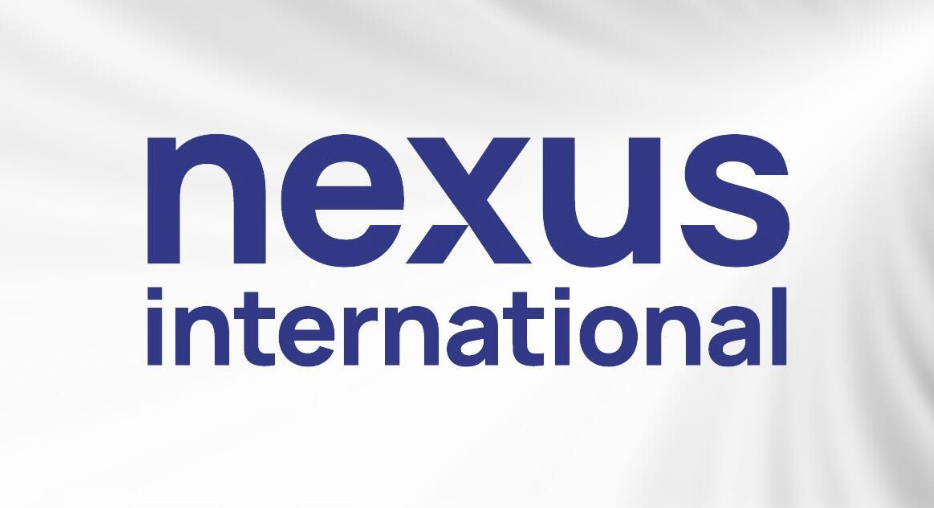Self-funded gaming operator targets public listing as revenue run-rate accelerates toward ambitious threshold
Nexus International, the privately held gaming operator that reported $847.9 million in year-to-date revenue and is on track for $1B by year-end, is preparing for a public listing in March 2027. The company has set an internal revenue target of $5bn before proceeding with an initial public offering, a threshold designed to position the group among established mid-tier operators rather than speculative growth plays.
The decision to defer a listing until revenue reaches that scale reflects founder Gurhan Kiziloz’s strategy of entering public markets from a position of operational strength. Unlike many private operators that seek external capital to fund expansion, Nexus has remained wholly self-financed since inception, reinvesting earnings to build a multi-brand portfolio spanning more than 40 jurisdictions.
Discussions about which stock exchange will host the listing are underway, with major bourses in the United States and Europe under consideration. The choice will depend on investor appetite for international gaming exposure, regulatory alignment, and valuation benchmarks within the sector. Nexus declined to comment on specific exchanges or confirm the IPO timeline.
From founder control to public scrutiny
The move toward a public listing would mark a significant shift for a company built on concentrated decision-making. Nexus operates without a conventional board of directors, allowing Kiziloz to approve market entries, brand investments, and compliance strategies with minimal institutional oversight. That structure has enabled rapid deployment into newly regulated markets, most notably Brazil, where the group secured an early licence through its Megaposta platform.
Going public would subject Nexus to quarterly reporting requirements, investor relations obligations, and governance standards typical of listed peers. The company would need to establish a formal board, implement enhanced disclosure protocols, and demonstrate sustainable profitability to satisfy institutional shareholders. For operators accustomed to founder-led agility, this transition has historically proven challenging.
Yet the timing may prove advantageous. Global gaming M&A activity has cooled following a surge of consolidation in 2023 and 2024, leaving fewer mid-sized operators as pure-play public investment opportunities. If Nexus lists at a $5bn revenue run-rate, it would slot into a cohort alongside Betsson AB and Rank Group, offering institutional investors exposure to Latin American growth and crypto-enabled betting without the scale or complexity of Flutter Entertainment or Entain.
Capital access remains central question
Whether Nexus can reach its revenue threshold without external funding is unclear. The company’s self-financed model has worked to date, but scaling to $5bn would likely require significant marketing outlays, technology infrastructure investments, and potentially M&A to accelerate geographic penetration. Publicly listed peers routinely deploy hundreds of millions in customer acquisition costs annually; replicating that spend through organic cash flow alone would constrain growth velocity.
One alternative would involve raising private capital ahead of the IPO, either through institutional investors or by taking on debt. Such a move would dilute Kiziloz’s ownership but provide the resources necessary to hit the $5bn target. Several gaming operators, including DraftKings and Entain, have used pre-IPO funding rounds to bridge the gap between private scale and public market readiness.
Industry analysts remain divided. Some view the $5bn threshold as aspirational rather than realistic, citing competitive intensity and regulatory headwinds. Others point to Nexus’s first-half performance, which exceeded its full 2024 revenue in six months, as evidence that the company’s multi-brand strategy and early regulatory positioning could sustain exponential growth.
Governance will test transition
Beyond the revenue milestone, the IPO will test whether Nexus can transition from a lean, founder-controlled operation to a publicly accountable entity without losing the speed that has defined its rise. Establishing a board, formalising compliance frameworks, and meeting disclosure standards are structural requirements that many private operators underestimate.
The absence of external shareholders to date has allowed Nexus to prioritise long-term positioning over quarterly earnings targets. That flexibility disappears post-IPO. Investors will expect consistent profitability, margin expansion, and clear strategic guidance, forcing the company to balance aggressive growth with financial discipline.
For Kiziloz, the personal stakes are significant. A successful listing would validate his thesis that self-funded operators can compete with institutional giants. Failure to reach the revenue threshold or a poorly received IPO, would raise questions about whether founder-led models can sustain at scale in capital-intensive industries.
The gaming sector will be watching. If Nexus International does list in March 2027, it will be among the few operators to enter public markets without prior private equity or venture backing at a comparable scale. That alone makes the trajectory noteworthy. Whether the company can sustain growth sufficient to meet its $5bn threshold remains the central question.


